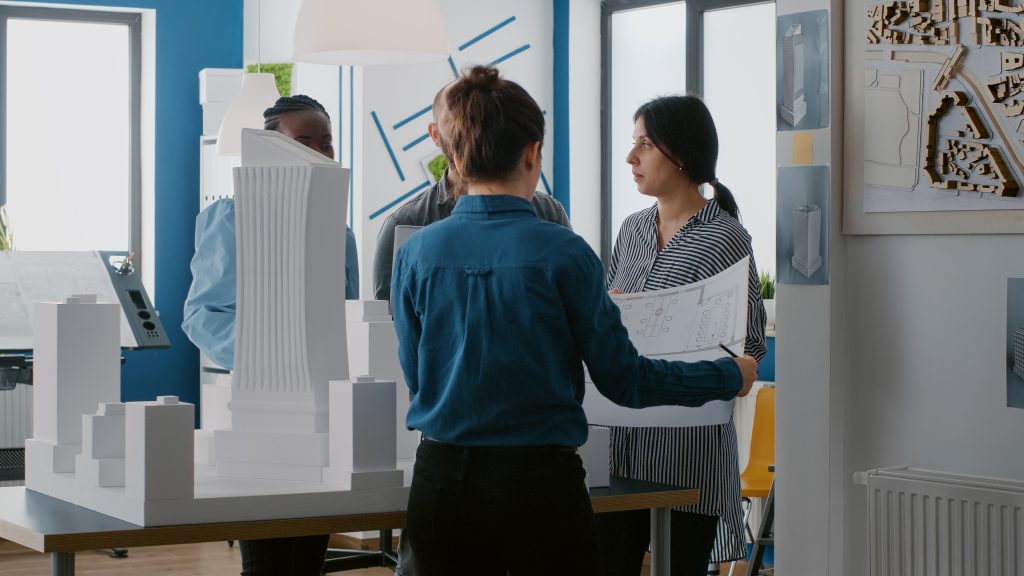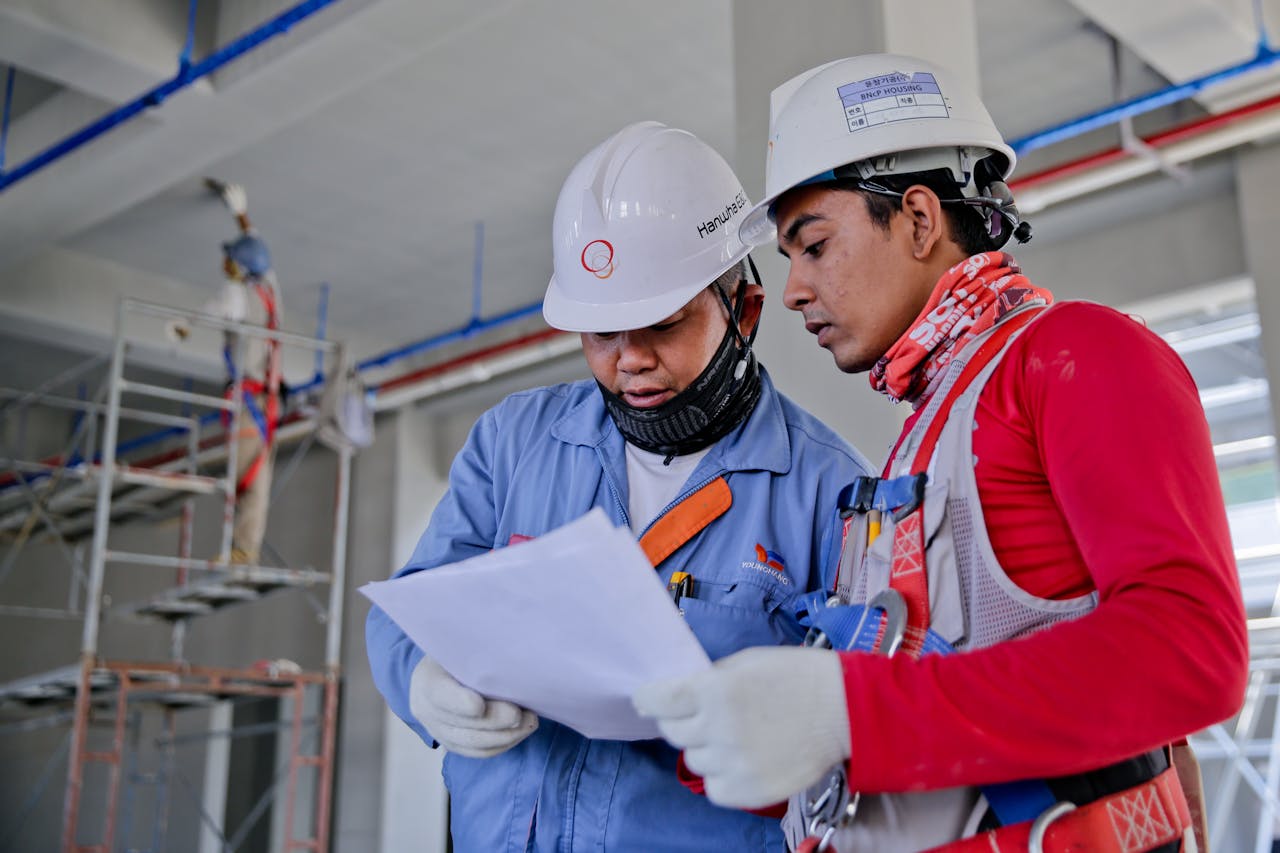As the global population continues to grow, so does the demand for construction projects. However, the environmental impact of traditional construction practices cannot be ignored. Sustainable construction offers a solution by minimizing the environmental footprint of buildings and infrastructure while meeting the needs of current and future generations. In this article, we will explore the principles of sustainable construction and how it is shaping the future of the industry.
Quality Materials and Equipment

Importance of Sustainable Construction: Sustainable construction aims to minimize resource consumption, reduce waste generation, and mitigate environmental impact throughout the entire lifecycle of a building or infrastructure project. By adopting sustainable practices, construction companies can contribute to the preservation of natural resources, protect ecosystems, and promote social equity and economic prosperity.
Sustainable Design:
Sustainable construction begins with sustainable design. Architects and engineers play a crucial role in designing buildings and infrastructure that are energy-efficient, environmentally friendly, and socially responsible. Sustainable design principles include maximizing natural light and ventilation, using renewable materials, optimizing building orientation, and incorporating green spaces and water-saving features.
Energy Efficiency:
Energy efficiency is a cornerstone of sustainable construction. Buildings account for a significant portion of global energy consumption and greenhouse gas emissions. By implementing energy-efficient design strategies, such as high-performance insulation, efficient HVAC systems, and energy-efficient lighting, construction projects can reduce energy consumption, lower operating costs, and minimize environmental impact.
Use of Renewable Materials:
The use of renewable materials is another key aspect of sustainable construction. Renewable materials, such as bamboo, timber, recycled steel, and sustainable concrete alternatives, offer environmental benefits over traditional building materials. These materials are often sourced locally, reducing transportation emissions, and can be recycled or replenished, minimizing resource depletion.
Water Conservation:
Water conservation is essential for sustainable construction, particularly in regions prone to water scarcity. By incorporating water-saving features, such as low-flow fixtures, rainwater harvesting systems, and graywater recycling, construction projects can reduce water consumption and minimize strain on local water resources.
Waste Reduction and Recycling:
Waste reduction and recycling are integral components of sustainable construction. Construction projects generate a significant amount of waste, including debris, packaging materials, and unused materials. By implementing waste management plans, recycling construction waste, and using recycled materials in building projects, construction companies can minimize landfill waste and conserve natural resources.
Green Building Certifications:
Green building certifications, such as LEED (Leadership in Energy and Environmental Design) and BREEAM (Building Research Establishment Environmental Assessment Method), provide frameworks for assessing and certifying the sustainability of buildings and infrastructure projects. Achieving green building certifications demonstrates a commitment to sustainability and can enhance the marketability and value of a property.
Sustainable construction offers a pathway to building a more sustainable future. By integrating sustainable design principles, maximizing energy efficiency, using renewable materials, conserving water, and minimizing waste, construction projects can reduce their environmental footprint and contribute to a healthier planet. Embracing sustainable construction practices is not only a moral imperative but also a strategic investment in the long-term viability and resilience of the built environment.

